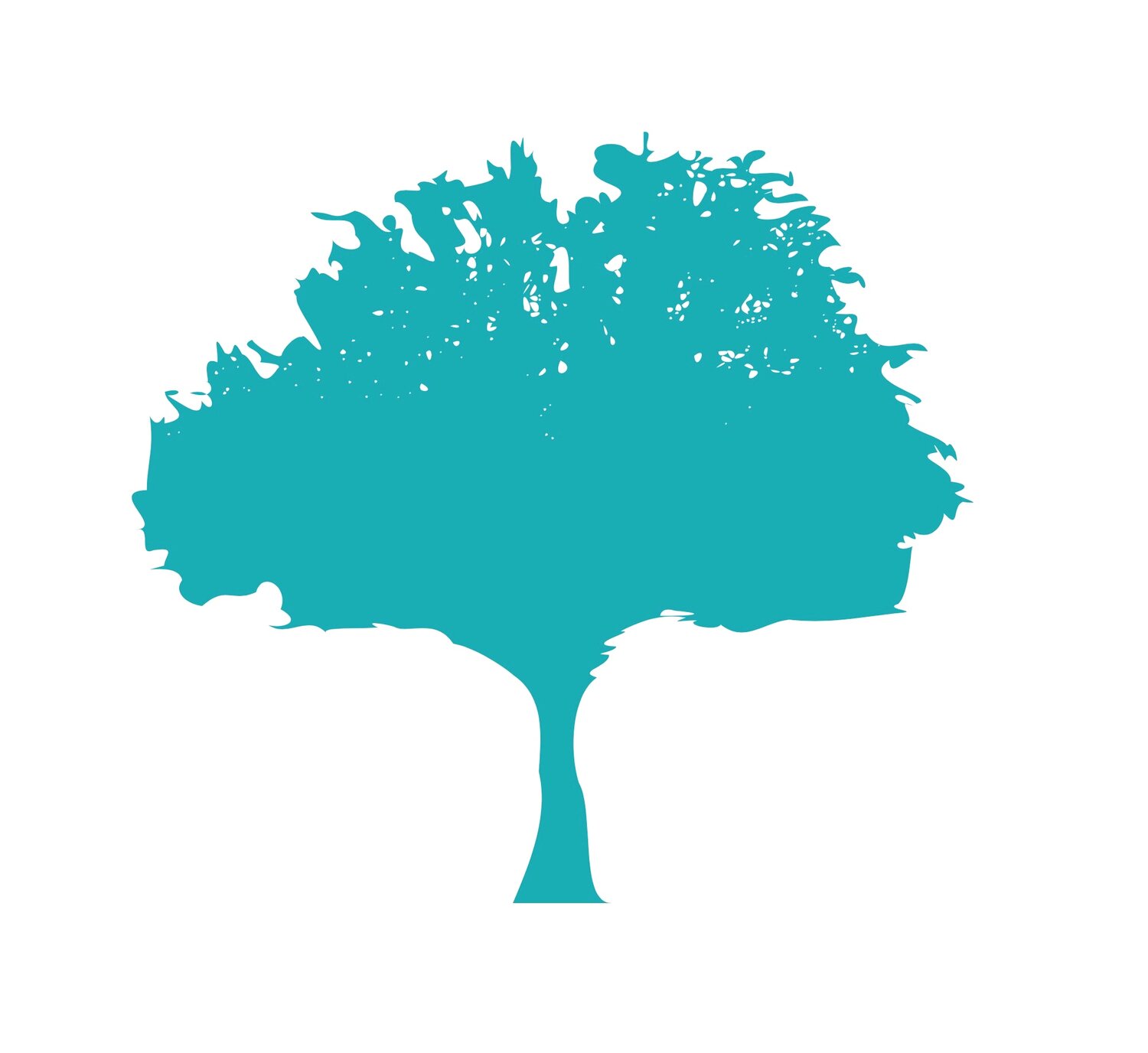Our connection to our surroundings is through our physical body. With our senses offering a grounding cord to help anchor us to the present moment. During anxious times, especially now, the following sensory grounding practice may be a helpful way to guide us from the overwhelmed mental/emotional state to a more centred, grounded mental/emotional state.
I thought it might be helpful to offer up a grounding practice I learned during the early stages of my social work career. At the time, I was providing mostly crisis counselling and found I myself needing grounding during times of overwhelm. As it acted as an anchor, I shared it with my clients and I share it with you now.
It’s referred to as the 5-4-3-2-1 grounding practice.
This exercise focuses on the 5 senses: sight, sound, touch, smell, taste. It involves paying attention to one sense at a time. Each sense, when we attend to, can bring us back to the present moment.
The practice goes like this:










